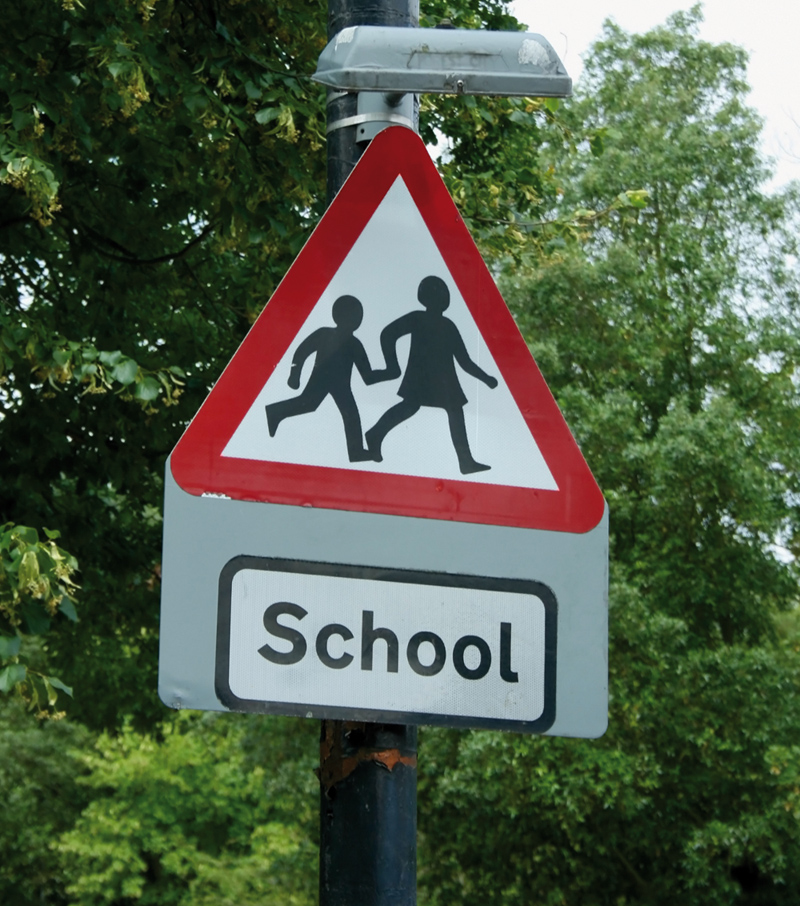Household Bills
Free school meals vouchers fiasco investigated

Edenred Ltd was given the contract to administer free school meals vouchers despite ‘limited evidence of capability’, according to the National Audit Office (NAO).
The contract was worth up to £425m and awarded without a tendering process. Problems with the scheme left many vulnerable families without food during lockdown.
The government announced on 18 March that, in response to the Covid-19 pandemic, schools in England would close on 20 March for all pupils except vulnerable children and children of key workers.
The Department for Education said that it expected schools to continue to provide free meals during term time to pupils eligible for benefits-related free school meals who were not attending school.
On 31 March the department announced a national free school meals voucher scheme, as a temporary substitute for the normal arrangements. The vouchers were worth £15 per week for each eligible child.
The scheme was set up in just 18 days and awarded to Edenred, despite the firm not having the financial standing that would normally be required for a contract of that size.
Schools had a choice whether to use the scheme or to make local arrangements. Those participating in the scheme ordered electronic codes (eCodes) online that could be converted into shopping vouchers for families to use at nominated supermarkets.
The vouchers were mainly in the form of electronic gift cards, although paper vouchers could be printed.
However, in April there were reports that schools and parents were experiencing problems when using the scheme. These included difficulties and delays in accessing the Edenred website to order eCodes and convert them to vouchers.
It found that in the first few weeks after the launch the number of calls to Edenred’s helpline grew rapidly, peaking at 3,940 on 14 April. The number of emails Edenred received from schools and parents also grew sharply, peaking at 8,878 on 29 April. Schools and parents said they could not get prompt support from Edenred, either by telephone or email.
Meg Hillier, the chair of the Commons public accounts committee, said: “Edenred’s systems buckled under the pressure, and schools and families found it much too difficult to get in touch when things went wrong. DfE and Edenred eventually managed to turn things around – but too many parents had to wait too long to get the support they needed.”
The Department for Education and Edenred took action to improve the scheme’s capacity and performance. At the height of the problems, officials from the department held daily calls with Edenred to monitor progress and ministers also intervened directly.
In April, Edenred upgraded its IT systems, improved communications with schools and families, and helped supermarkets manage demand for vouchers.
Gareth Davies, head of the NAO, said: “DfE got the voucher scheme up and running quickly to support vulnerable children who would no longer be receiving free meals at school.
“Problems at the start of the scheme led to a frustrating experience for many schools and families, but DfE and Edenred worked hard to get on top of these issues. Performance steadily improved as the scheme progressed.”
According to the report, Edenred issued 10.1 million vouchers in total at a final cost to the Department for Education of £384m. The department doesn’t know whether Edenred made a profit from running the scheme.
The department paid Edenred the face value of vouchers issued to families but didn’t pay Edenred a management fee or any costs for administering the scheme. Edenred generated revenue from the scheme by buying vouchers from supermarket chains at a discount on their face value.
Footballer Marcus Rashford later ran a campaign to extend free school meals during school holidays, eventually persuading the government to extend the voucher scheme.
Edenred has been approached for comment.